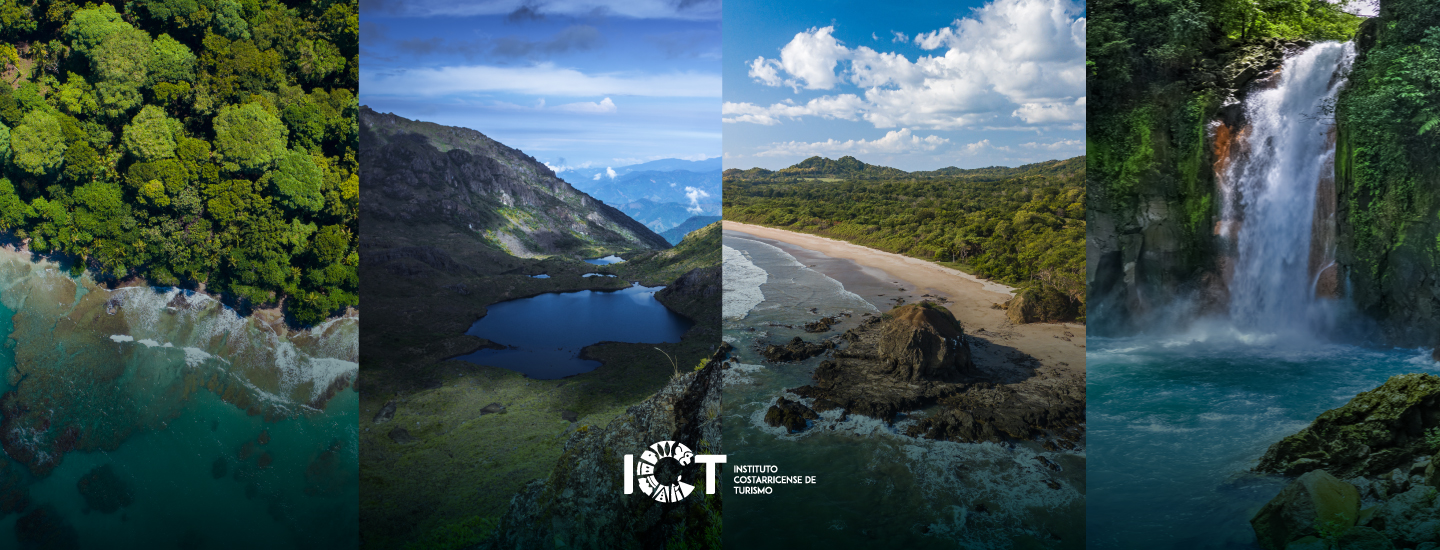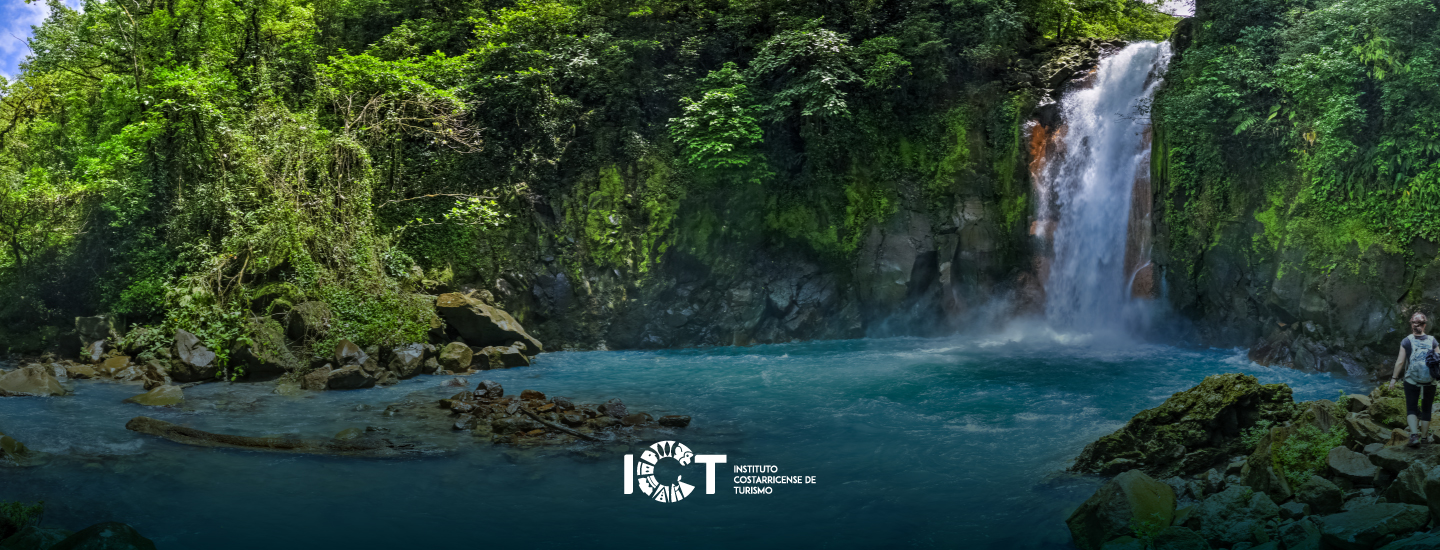Tourism Marina and Coastal Development Act signed into law
- President of the Republic and Minister of Tourism signed Law 9977 on Monday in a ceremony at Marina Pez Vela in Quepos.
- The regulation strengthens Costa Rica’s position as an international destination for nautical tourism and broadens the scope of the Marina and Tourist Quay Concession and Operation Act.
- Nautical tourism offers high potential and is in line with a focus on sustainable development, both important for boosting the economy of coastal communities.
- Marinas have the capacity to directly employ at least 2,500 people and their economic impact extends to businesses that provide services to ships and tourists.
Quepos, Puntarenas. In a ceremony held on Monday at Marina Pez Vela in Quepos, President of the Republic Carlos Alvarado and the Minister of Tourism, Gustavo Segura, signed the Tourism Marina and Coastal Development Act (Law no. 9977) into law.
The innovative legislation seeks to modernize the conditions in which marinas operate and broadens the scope of the Marina and Tourist Quay Concession and Operation Act, strengthening Costa Rica’s position as an ideal destination for international nautical tourism.
The law authorizes vessels with a foreign flag and their crews to carry out economic activities related to maritime transportation, recreation and tourism within Costa Rican waters and permits the hiring of Costa Rican captains and sailors to perform such activities.
It also makes it possible for marina concession holders and their subsidiaries to use their concessions as collateral to access financing.
“This legal reform offers a new business environment for marina concession holders and the foreign vessels that dock in their marinas,” said President Alvarado during the activity. “This will facilitate and strengthen the dynamics surrounding nautical tourism in Costa Rica. Nautical tourism attracts visitors with significant spending power, with an enormous impact on job creation in the country’s coastal communities.”
The Minister of Tourism, Gustavo J. Segura, noted that “by modernizing the conditions under which marinas operate, we hope that we will increase our ability to attract lovers of nautical tourism, a high-quality group of tourists that are consistent with a sustainable development model and tend to be interested in culture and athletic activities. Marinas form an important part of our drive to revitalize the economy of the coastal regions in which they are located.”
Meanwhile, the General Manager of Marina Pez Vela and the President of the Association of Marinas of Costa Rica, Jeffrey Duchesneau, noted that it is just such innovative decision making that the country needs for the post-pandemic world.
“The reform to the Marinas and Quays Act, along with the efforts by the country’s tourism sector and the world-class marinas of the Pacific coast will help make Costa Rica into the new ideal destination for leasing luxury vessels. We are opening up to a whole new category of tourists. This situation benefits everyone: tourists, coastal communities and the country as well,” Duchesneau explained.
The signing ceremony for the new law was also attended by Quepos Mayor Jong Kwan Kim Jin and Vice Mayors Rónald Sánchez and Vera Elizondo, along with members of the tourism business community.
Costa Rica competes with destinations of the highest caliber in Europe and the Caribbean to attract nautical tourism. This new legislation may help position the country as a better option.
Currently, Costa Rica allows tourists to enter the country in yachts and sailboats at the marinas of Bahía Golfito, Los Sueños, Pez Vela, Banana Bay and Papagayo. These marinas offer a total of 800 docking areas and see dozens of domestic and international arrivals per month, the majority of which fly US flags. Prior to the pandemic, foreign arrivals accounted for 350 arrivals per month of a total of 550.
These marinas have provided direct employment to 2,500 people and create a considerable number of indirect jobs through services offered to ships and tourist arrivals. In addition, they provide economic support to the activities and needs of the communities and municipalities in which they operate.

